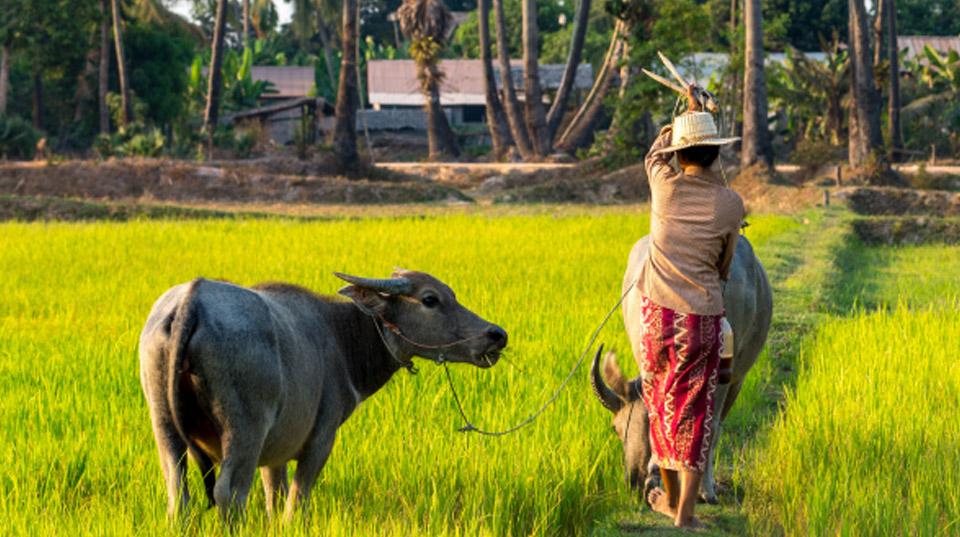Overview
This project aimed to improve the livelihoods and food security of small-holder farmers, their families and communities in the Central Dry Zone (CDZ) of Myanmar through research, development and extension targeted at the legume-based farming systems.
Agriculture is the most important economic and social sector in Myanmar, accounting for about 30% of GDP and more than 60% of the workforce. However, the country's agriculture sector has underperformed during the past five decades and is nowhere more evident than in the CDZ.
The CDZ is regarded as one of the most food-insecure, water-stressed, climate-sensitive, natural resource-poor and least-developed regions of the country. This makes it a priority focus of the Ministry of Agriculture, Livestock and Irrigation because of its clear economic and social needs coupled with its development potential.
In conjunction with the Myanmar country strategy, this project aimed to identify superior genotypes that were acceptable to farmers, release them as varieties and provide access to them for as many farmers as possible. Notwithstanding the achievements of this project outlined below, the yield gap between average crop yields and those of the best farmers remains large and could be further reduced. Broad adoption of conservation farming principles in the CDZ would not only help to reduce the yield gap but would also help to ensure the sustainability of the cropping.
Project outcomes
- Developed new, high-yielding varieties of major and minor crops through genetic improvement to link with institutional and community-based seed production and distribution.
- Improved nutrient management of the legume-based farming systems using mineral and organic sources, including inoculants.
- Improved the agronomic management of the legume-based systems through crop benchmarking with farmers to increase efficiency of water use and effectively integrate new high-yielding varieties and pest, disease and nutrient management.
- Enhanced capacity for research, development and extension in the relevant agencies in Myanmar through effective implementation of the collaborative ACIAR project model and through targeted training, extension and capacity building activities.




